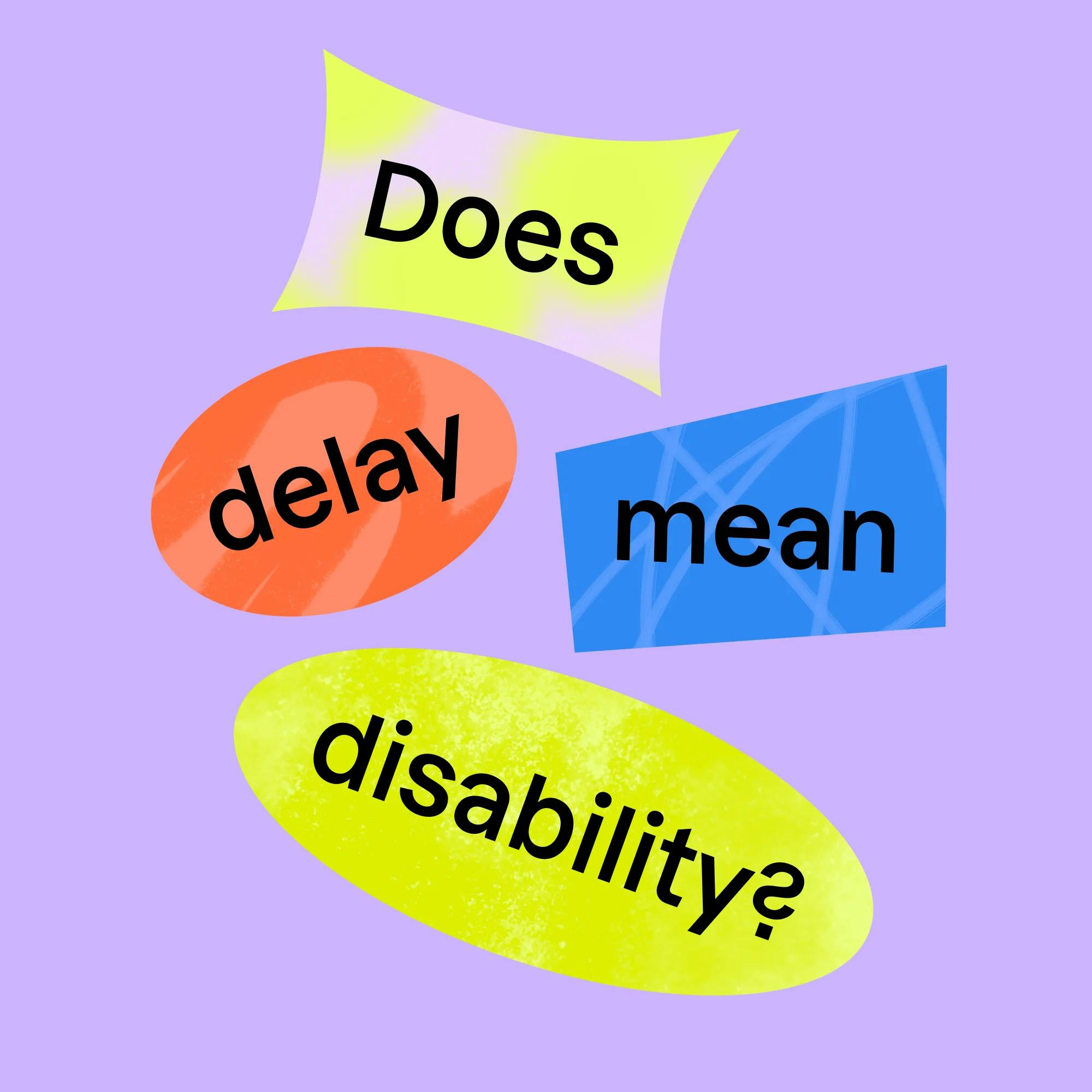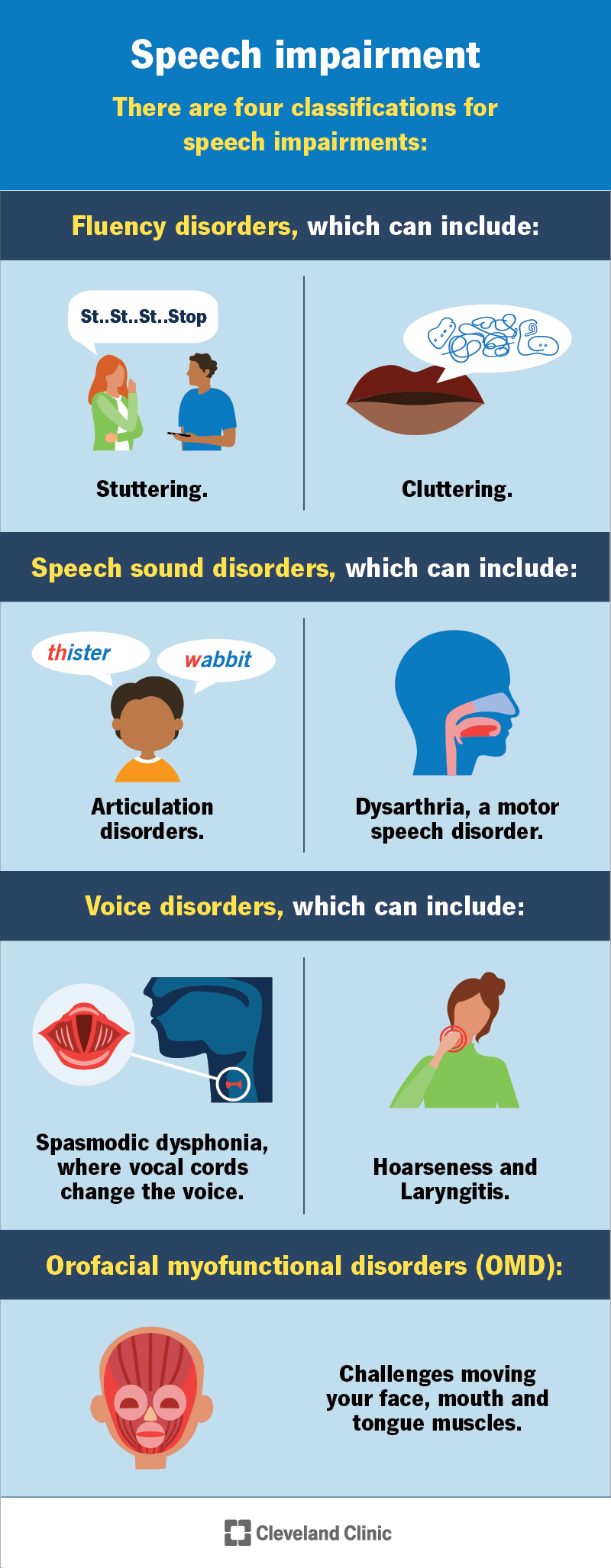Is your child struggling with speech development? Are you worried about whether a speech delay might be considered a disability?
You’re not alone. Many parents face similar concerns and uncertainties as they navigate the complex world of child development. Understanding speech delays is crucial in ensuring your child gets the right support and resources. This article will help you unravel the mystery surrounding speech delays and their classification.
By the end, you’ll feel more informed and empowered to make the best decisions for your child’s future. Stay with us as we explore this important topic and clear up any confusion you might have.
Speech Delay Basics
Speech delay is a common concern for many parents. Children develop at their own pace. Some take longer to speak than others. Understanding speech delay is crucial. It helps in addressing the issue early. Early intervention can be key.
What Is Speech Delay?
Speech delay means a child speaks later than peers. It involves difficulty in speaking words. This can include trouble forming sentences. The child may understand language but struggle to express it. It’s not the same as a language disorder. Language disorders involve understanding and using language. Speech delay focuses on speaking abilities.
Common Causes Of Speech Delay
Several factors can lead to speech delay. Hearing loss is a common cause. A child might not hear words clearly. This affects their ability to mimic sounds. Other medical conditions can also impact speech. Autism and intellectual disabilities are examples. Sometimes, environmental factors play a role. Limited social interaction can delay speech. Lack of exposure to language might be another reason.
Family history can influence speech delay too. Children with delayed speaking relatives might face similar challenges. Bilingual homes might also contribute. Switching languages can confuse young children. This may delay their speech progress.

Credit: www.expressable.com
Disability Definition
Understanding whether a speech delay is a disability requires clarity. The term “disability” holds different meanings in various contexts. Definitions can vary based on legal, medical, and social perspectives. This blog section will explore how disability is defined in general terms.
Legal Definition Of Disability
The legal definition of disability often guides policies and rights. In many countries, laws provide a specific framework. A disability typically involves a physical or mental impairment. This impairment must substantially limit major life activities. Speech delay may fit this category if it affects communication significantly.
How Disabilities Are Classified
Disabilities are classified in distinct categories. These include physical, sensory, intellectual, and developmental. Each category has unique characteristics and challenges. Speech delays are usually part of developmental disabilities. They affect language and communication skills. Classification helps in identifying the right support and services.
Speech Delay Vs. Speech Disorder
Understanding speech delay and speech disorder is essential. Both affect communication but in different ways. A speech delay indicates slower speech development than peers. A speech disorder involves more complex challenges affecting speech production. Knowing the difference can help in seeking appropriate support and intervention.
Differences Between Delay And Disorder
Speech delay often means a child’s speech is developing slowly. The child may catch up with extra support. Speech disorders, such as stuttering, impact speech quality. These disorders may require ongoing therapy to manage symptoms. The causes also differ. Delay may be due to hearing issues or lack of exposure to speech. Disorders might stem from neurological or physical challenges.
Impact On Communication Abilities
Speech delays can limit vocabulary and sentence structure. This affects social interactions and learning. Disorders can make speech unclear or repetitive. This may lead to frustration or isolation. Both can impact a child’s ability to express thoughts effectively. Early intervention can improve outcomes. Support from specialists can aid development and communication skills.
Speech Delay In Children
Speech delay in children can be a puzzling issue for many parents. You might notice that your child isn’t talking as much as their peers, and this can naturally raise concerns. Understanding whether this is just a part of their development or something more serious is important for their growth and wellbeing.
Signs And Symptoms
So, how do you know if your child has a speech delay? One key sign is if your child is not meeting typical speech milestones. For example, by the age of two, most children can say around 50 words and start forming simple two-word phrases like “more juice.” If your child is not speaking or has a limited vocabulary for their age, it might be a sign of a delay.
Other symptoms include difficulty in understanding simple instructions or not responding to their name. Some children with speech delays might also struggle with forming certain sounds, which can make them hard to understand. It’s essential to observe these signs early to address any potential issues.
When To Seek Professional Help
If you’re worried about your child’s speech development, trust your instincts. It’s better to seek advice earlier rather than later. You might wonder, “Is it just a phase?” While some children do catch up on their own, others might need a little help.
Consider reaching out to a speech-language pathologist if your child is noticeably behind their peers by age two or three. A professional evaluation can provide clarity and peace of mind. Remember, early intervention can make a significant difference in your child’s communication skills.
Every child develops at their own pace, but understanding the signs of speech delay and knowing when to seek help can set your child on the right path. Have you ever had concerns about your child’s speech? Share your experiences in the comments below!
Assessment And Diagnosis
Speech delay assessment examines if speech delay affects daily life. Diagnosis identifies causes and measures impacts. Understanding speech delay as a disability helps in seeking proper support and intervention.
Assessing and diagnosing a speech delay is a crucial step in understanding whether it qualifies as a disability. This process can seem overwhelming for parents and caregivers. However, getting the right diagnosis is essential to ensure the child receives the appropriate support. Understanding the role of professionals and the tools they use can provide clarity. It can also empower you to make informed decisions for your child’s developmental journey.Role Of Speech-language Pathologists
Speech-Language Pathologists (SLPs) are key players in identifying speech delays. They are trained to evaluate speech, language, and communication skills. Your first step might be to consult an SLP if you notice your child struggling with speech milestones. They can determine if your child’s speech delay is part of a larger developmental issue. SLPs use their expertise to create tailored therapy plans. These plans focus on the individual needs of your child.Diagnostic Tools And Techniques
SLPs use various diagnostic tools and techniques to assess speech delays. Standardized tests are commonly used to compare a child’s speech abilities with typical developmental benchmarks. Observations in natural settings, like playtime, can also provide valuable insights. This approach helps in understanding how a child communicates in real-world scenarios. Interactive assessments involve engaging activities. These activities can make children feel more comfortable, revealing their true speech capabilities. Have you ever felt unsure about the tools being used to assess your child? Understanding these techniques can help you feel more confident in the diagnosis process. Getting a thorough assessment is not just about identifying a speech delay. It is about unlocking the right resources and support for your child’s growth. You might even find that the assessment process itself opens new pathways for communication within your family. What steps will you take to ensure your child gets the support they need?
Credit: www.expressable.com
Speech Delay Treatment Options
When it comes to speech delay, understanding available treatment options can be pivotal in helping a child improve their communication skills. While every child is unique and may require a tailored approach, there are several effective strategies that can make a noticeable difference. By examining the various options, you can take an active role in supporting your child’s speech development journey.
Therapeutic Interventions
Speech therapy is often the cornerstone of treatment for children with speech delays. Qualified speech therapists work with children to develop their vocabulary and articulation skills through engaging exercises and games.
One common approach is the use of visual aids. These can help children associate words with images, making it easier for them to learn new vocabulary. You might have seen flashcards and picture books used effectively in therapy sessions.
Moreover, some therapists incorporate play-based activities. This method can capture a child’s interest while simultaneously building their language skills. Imagine a child learning to say “ball” while playing catch—fun and educational!
Role Of Family Support
Your involvement as a family member is crucial in addressing speech delays. Regularly practicing speech exercises at home can reinforce the skills learned during therapy sessions.
Consider setting aside a few minutes daily to engage in language-rich activities. Reading aloud together, asking open-ended questions, or simply describing the world around you can be incredibly beneficial.
Additionally, patience and encouragement go a long way. Celebrate small victories to boost your child’s confidence. When your child successfully says a new word, your positive reaction can motivate them to keep trying.
Have you ever noticed how children mimic adults? Use this to your advantage by modeling clear and concise speech. Your child will likely pick up on your speech patterns, so make sure to articulate your words clearly.
In treating speech delays, every little effort counts. What steps will you take today to support your child’s speech development?
Legal And Educational Implications
Understanding the legal and educational implications of a speech delay is vital. It helps parents and educators support children effectively. A speech delay can affect a child’s learning and development. Legal frameworks and educational systems provide support and rights for such cases. They ensure every child has access to proper education and services.
Rights Under Idea
The Individuals with Disabilities Education Act (IDEA) offers rights for children with disabilities. It ensures they receive appropriate public education. Speech delays might qualify a child for services under IDEA. Schools must evaluate children suspected of having a disability. If eligible, they receive special education and related services. This includes speech therapy and support.
Individualized Education Plans (ieps)
An Individualized Education Plan (IEP) is crucial for children with disabilities. It provides a tailored education approach. Each IEP is unique to the child’s needs. For a child with a speech delay, the IEP outlines specific goals. It includes strategies and services to address speech and language needs. Parents and teachers work together to create and review the IEP. This ensures the child receives the necessary support.
Personal And Social Impact
A speech delay can shape a child’s personal and social world significantly. While it may not always be classified as a disability, its effects on social interactions and emotional well-being are profound. Understanding these impacts can help you support a child effectively, providing them with the tools they need to thrive. Let’s explore how a speech delay can influence a child’s ability to connect with others and manage their emotions.
Effects On Social Interaction
Speech is a crucial tool for social interaction. Children with speech delays often struggle to express their thoughts and feelings. This can lead to misunderstandings and missed opportunities for connection.
Picture a child at a playground who wants to join a game. Without the ability to express their interest clearly, they might be left on the sidelines. This can impact their social development and lead to feelings of isolation.
Have you noticed a child avoiding group activities? It might be due to their speech delay making them feel less confident. Encouraging them to participate in smaller, less daunting social settings can help build their confidence.
Emotional Challenges
The emotional challenges of a speech delay are often underestimated. Children may become frustrated when they can’t communicate effectively. This frustration can manifest in behavior issues or withdrawal.
Imagine the emotional toll of not being understood. A child with a speech delay might feel left out or different from their peers. This can affect their self-esteem and emotional resilience.
How can you help? Listen patiently and affirm their feelings. Encourage them to express themselves through other means, like drawing or gestures. This support can make a huge difference in their emotional well-being.
Speech delays require understanding and patience. By considering the personal and social impacts, you can offer meaningful support to affected children. How might you approach this in your own life or community?
Success Stories And Case Studies
Understanding whether a speech delay is a disability can be complex. Real-life success stories and case studies provide insight. These narratives reveal how tailored interventions can help children overcome speech challenges effectively.
When discussing speech delays, the stories of those who have successfully navigated these challenges can offer hope and inspiration. Success stories and case studies highlight the incredible resilience and determination of individuals and their families. They remind us that while speech delays can be challenging, they are not insurmountable.Overcoming Speech Delays
Consider the story of Emily, a vibrant 6-year-old who once struggled to express her thoughts. Initially, her parents felt overwhelmed, unsure of how to help. But with the right support from a dedicated speech therapist and consistent practice at home, Emily began to flourish. Her parents incorporated engaging activities like storytelling and singing into their daily routine. These small changes made a significant impact. Today, Emily is not only communicating effectively but also excelling in school. Emily’s journey teaches us that early intervention and a supportive environment can turn obstacles into stepping stones. It prompts you to ask yourself: What small changes can you make today to support a loved one with a speech delay?Inspirational Examples
John, a college student, once faced severe speech delays that made social interactions difficult. His parents worried about his future, but they never gave up. They sought help from specialists who encouraged John to join drama classes. The idea seemed daunting at first, yet drama became a safe space for John to express himself without judgment. Over time, his confidence grew, and so did his speech abilities. Now, John is not only articulate but also a powerful advocate for others with speech challenges. John’s story illustrates the power of unconventional methods in overcoming speech delays. It challenges you to think outside the box: Could an unexpected activity like drama or music make a difference for someone you know? These success stories remind us that while speech delays might be a part of life, they do not define a person’s potential. By sharing these inspirational examples, we can inspire action and foster a community of support.
Credit: my.clevelandclinic.org
Frequently Asked Questions
Can A Child Get Disability For Speech Delay?
Yes, a child may qualify for disability benefits for speech delay. Eligibility depends on severity and impact on daily functioning. Parents should provide medical documentation and evaluations to support the claim. Consulting a disability attorney can help in navigating the application process.
Is A Speech Delay Considered A Developmental Disability?
Yes, a speech delay can be considered a developmental disability. It affects communication skills and may require intervention. Early diagnosis and support can improve outcomes. Always consult healthcare professionals for accurate assessment and guidance. Early action is key for addressing speech delays effectively.
Is Speech And Language Delay A Disability?
Speech and language delay can be considered a disability. It may impact communication skills and learning abilities. Early intervention often helps manage and improve speech and language challenges. Professional assessment is essential to determine the extent of the delay and appropriate treatment options.
What Is Considered A Speech Disability?
A speech disability involves challenges in producing speech sounds or voice quality. It includes stuttering, articulation disorders, and voice disorders. Individuals may struggle with fluency, pitch, or volume. These conditions can affect communication and social interactions. Early intervention and therapy can help improve speech abilities and confidence.
Conclusion
Understanding speech delays is crucial for parents. Not all delays mean disability. Early intervention helps children catch up. Consult professionals for guidance. Each child develops at their own pace. Support and patience are key. Encourage communication and interaction. Speech therapy can be beneficial.
Resources are available for parents. Learning more helps in decision-making. Stay informed and proactive. Your child’s progress matters most.

